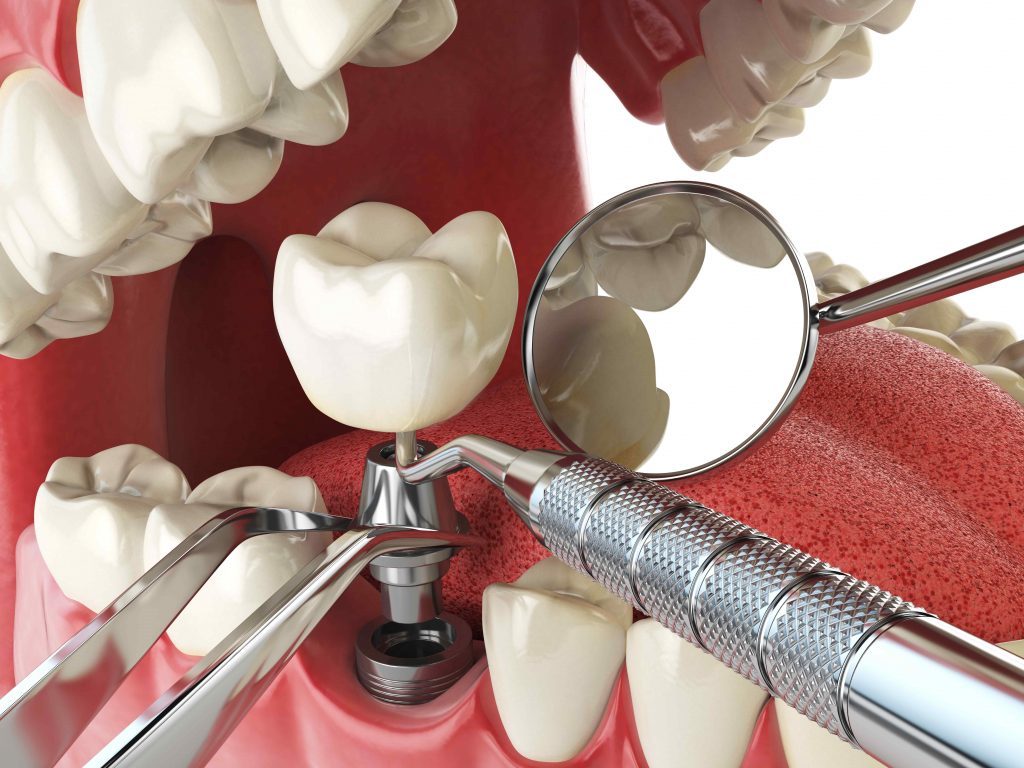 Colin Campbell explains how you can grow your surgical skills in a safe and measured way.
Colin Campbell explains how you can grow your surgical skills in a safe and measured way.
Can you remember your first extraction at dental school? I can, he was a Postman and it was an upper right six. He knew it was my first extraction and he looked after me so well. It was a massively exciting and exhilarating experience. From that point onwards I guess I knew I wanted to be involved in something surgical based. I think back often to how enthused and excited I was with surgery at that stage.
In The Campbell Academy though, we see many people who were excited about surgery and are now terrified or daunted by the prospect of providing more complicated surgical procedures than simple extractions. They wonder when the best time to start moving along to providing more stimulating and testing surgical procedures is. Although that is a very personal question for individuals, it’s possible within your own practising life to target increasing skills in a safe and secure way.
In your own time that may include looking for more difficult extractions and planning them into appropriate appointment slots where you have a helping hand close by should a problem occur. It may include targeting courses that allow you to increase your skills practically on pig heads or cadavers, to see whether you feel you have the confidence and skills available to target more complex surgical procedures. You may decide to provide apicectomy procedures or removal of third molars. Always through these advancements in your practice you should review the cases that you do to make sure it’s gone as you would hope. Try and photograph whatever you can and share it with your peers and colleagues to see what improvements you can make (Facebook is not necessarily the best way to do this because it’s often only the best cases that get posted).
Improving surgical skills
To get ahead in surgery though, to move forwards into a position where you enjoy more complicated cases, requires a planned approach; one which is a combination of theoretical knowledge, practical skills, application and reflection. All the theoretical knowledge in the world will never make you better at surgery, you must ‘get your hands dirty’ in a safe and secure way to understand the concepts you have learned. You must then reflect on the outcomes to see how you can improve and get better.
If there were three areas I could suggest as the most important to improve surgical skills in early stages of dental careers, I would suggest the following:
- Targeted, empathic, high quality teaching in surgical skills and case selection (case selection is essential)
- A safe environment and opportunity to work and practise your skills with the correct equipment and correct team (this is why it’s called practise)
- Access to mentoring advice prior to the procedure, during the procedure if necessary and for reflection afterwards.
Put these things in place and combine them with some enthusiasm, and it is a great recipe for moving forwards to surgical success.
To find out more please visit www.campbellacademy.co.uk.


